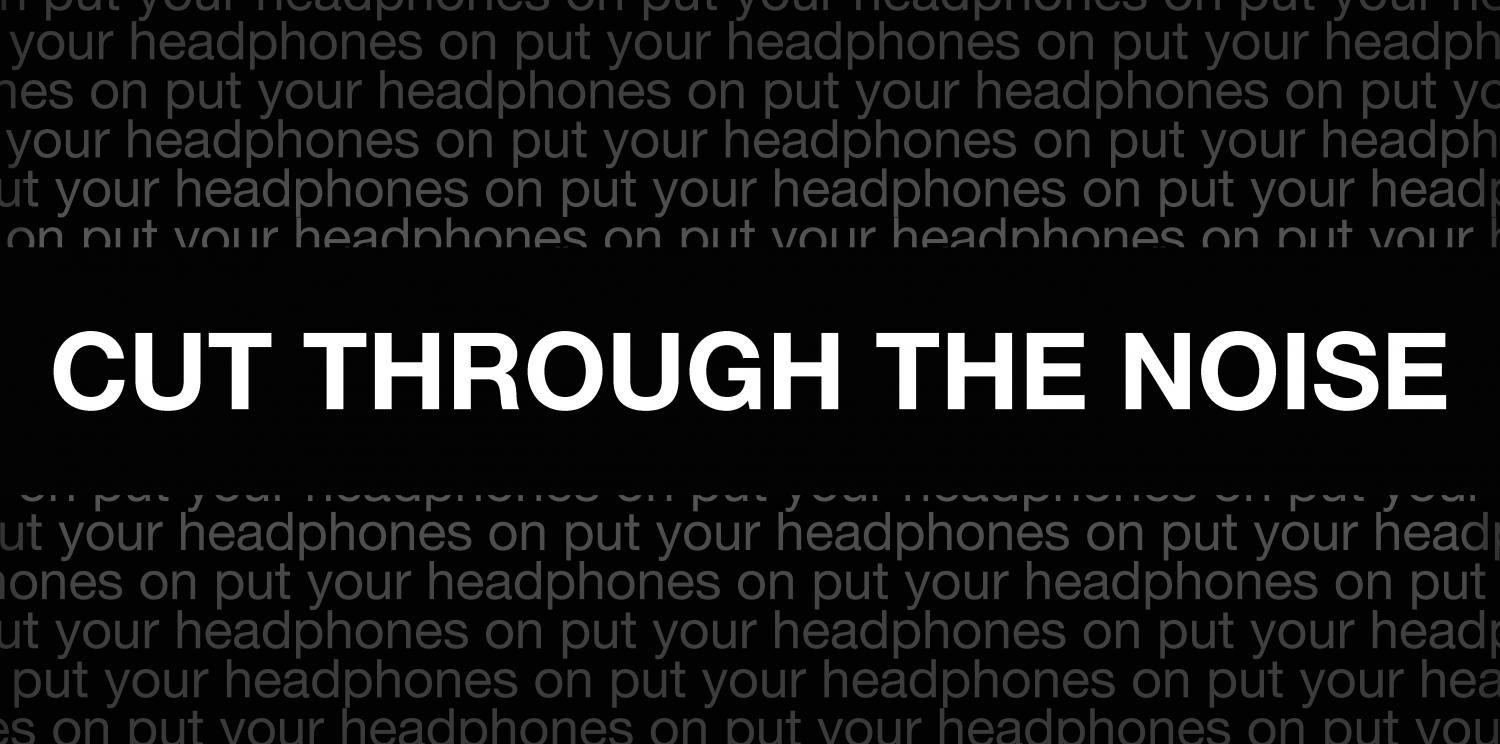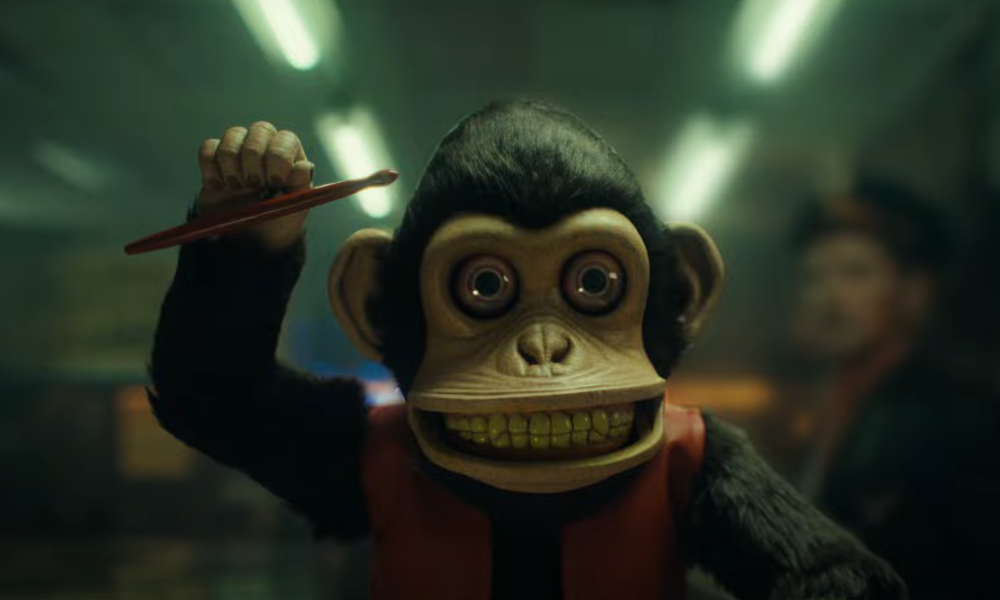In his 2019 comedy special, “My Favorite Shapes,” Julio Torres sits behind a conveyor belt in a galactic silver jumpsuit and presents a series of objects to the audience, telling the story of each as it passes through the belt. Among these are a small glass slipper, a Happy Meal figurine of Frollo from Disney’s “The Hunchback of Notre Dame” and a miniature cactus in a glass vase. The shapes, many of them toys, are nostalgic of a childhood spent playing pretend. Torres builds a story from every shape, imbuing each with its own inner world.
Torres is many things — writer, producer, actor, comedian. An artist’s skill lies in their ability to make the ordinary extraordinary. Torres is a master at this, and “My Favorite Shapes” is no exception. With rose colored glasses and razor-sharp vision, Torres transforms everyday objects into works of performance art.
Torres’s style is hard to explain but impossible to miss. Delirious set pieces and colorful character design are endemic to his visual style, and this eccentricity is upstaged only by the thorough weirdness of his characters. Torres shows the world as he sees it, using madcap visuals and wacky caricatures to illustrate the true nature of events with emotional sincerity.
This elevation of the mundane to absurd is present in his 2023 film “Problemista.” The film follows Ale, played by Torres, an aspiring toy designer from El Salvador, as he takes up a job working for a toxic art critic in order to secure a work Visa to stay in the United States.
The world of “Problemista” is magical — Ale’s boss becomes a dragon when she’s upset, Craigslist is ruled by a trickster god, a painter freezes his body and time travels to the future. Torres contrasts Ale’s shy, monotone demeanor with the off-the-wall color and depravity of the world around him in order to portray the surreality of being an immigrant. This same technique is used to depict the often mundane matter of bureaucracy as a force of evil — an hourglass counts down Ale’s time left in the country, and to get a visa to stay in the states, he must navigate a literal maze before the last grain of sand falls.
The characters Torres plays often feel distinctly autobiographical. Like “Problemista’s” Ale, Torres is an immigrant from El Salvador who moved to the United States to pursue a career in art. This decision makes each of his characters feel personal and makes each of his works feel like a continuation of a larger narrative.
His most recent project, the 2024 series “Fantasmas,” is undoubtedly his most surreal. Shot on a series of abstract sound stages and awash in a hazy filter, the series follows Torres as himself in an alternate, dystopian reality. Through frequent and elaborate cutscenes, Torres uses surrealism to critique corporations and bureaucracy — Alexa Demie and Ziwe feature in one stand out scene as particularly enthusiastic cogs in the corporate machine. Throughout its six episode run, the show presents a fantasy as exciting as it is grounded.
Torres’s work is not for everyone. It’s weird in a way that many will be put off by, but that’s part of what makes it so special. Its strangeness is sincere, and this sincerity shines through everything he makes.










